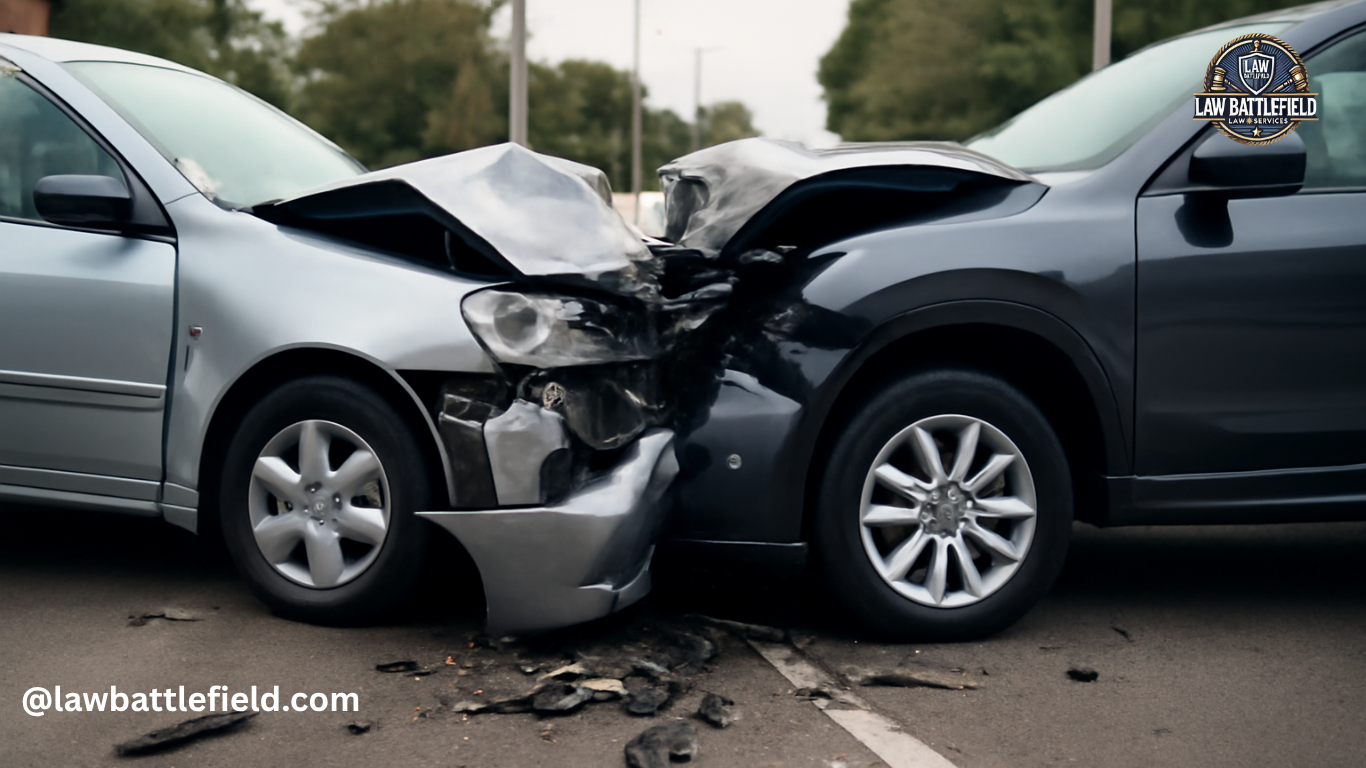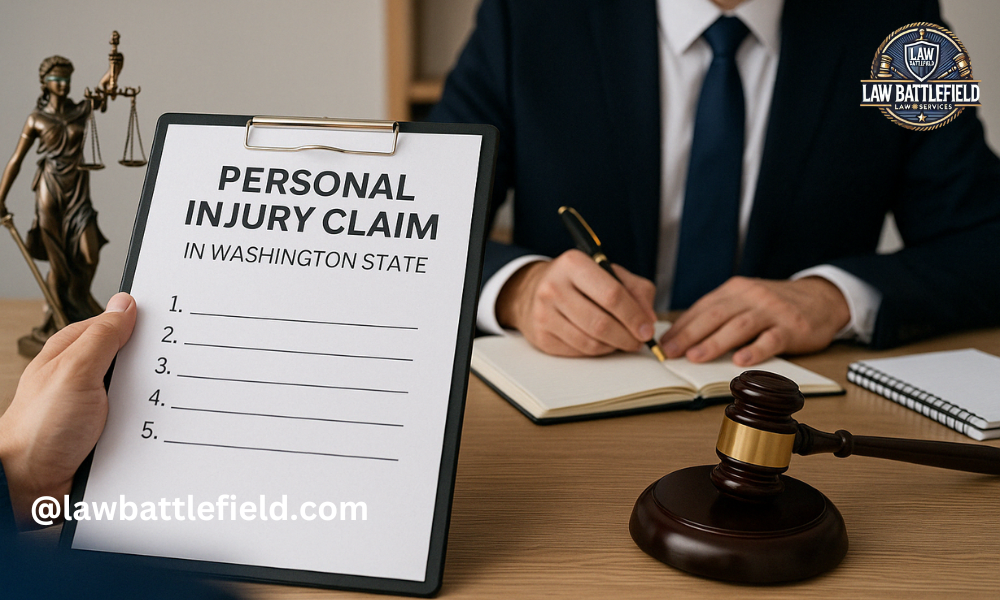Truck accidents can be devastating, resulting in significant injuries, property damage, and emotional distress. When these incidents occur, victims often seek compensation for their losses. In Georgia, many truck accident cases are resolved through arbitration, a process that can be less formal and quicker than traditional court proceedings.
If you’re involved in a truck accident arbitration in Georgia, it’s essential to know what to expect during this process. This article will provide a comprehensive overview of truck accident arbitration, including its purpose, the steps involved, and tips for navigating it effectively.
Understanding Truck Accident Arbitration
Arbitration is an alternative dispute resolution (ADR) process where a neutral third party, known as an arbitrator, hears the evidence and makes a binding decision. In Georgia, arbitration is often used in personal injury cases, including truck accidents, to resolve disputes without the need for a lengthy court trial. This process can save time and reduce legal expenses for both parties involved.
Why Choose Arbitration?
Arbitration offers several advantages over traditional litigation:
- Speed: Arbitration can be scheduled more quickly than court trials, allowing for a faster resolution.
- Cost-Effective: It generally incurs lower legal fees and costs due to its streamlined nature.
- Confidentiality: Arbitration proceedings are typically private, which can be beneficial for parties concerned about public exposure.
- Expertise: Arbitrators often have specialized knowledge in truck accident cases, which can lead to more informed decisions.
The Arbitration Process In Georgia
1. Pre-Arbitration Preparation: Before entering arbitration, both parties will engage in a pre-arbitration phase that includes:
- Gathering Evidence: Both sides will collect relevant evidence, including police reports, medical records, witness statements, and photographs of the accident scene.
- Selecting an Arbitrator: The parties will agree on an arbitrator or a panel of arbitrators. In some cases, the arbitration organization may provide a list of qualified arbitrators.
- Filing Necessary Documents: Each party will file a statement of their case, outlining their arguments and the evidence they intend to present.
2. Arbitration Hearing: The arbitration hearing is a critical component of the process. Here’s what to expect:
- Opening Statements: Both parties will present their opening statements, summarizing their positions and what they hope to prove.
- Presentation of Evidence: Each side will present evidence, which may include witness testimony, expert opinions, and physical evidence. The arbitrator will have the opportunity to ask questions to clarify points.
- Cross-examination: Just like in court, each party has the right to cross-examine the other party’s witnesses, challenging their credibility and the validity of their testimony.
- Closing Arguments: After all evidence has been presented, both parties will make closing arguments, summarizing their case and urging the arbitrator to rule in their favor.
3. The Arbitrator’s Decision: Once the hearing concludes, the arbitrator will review the evidence and make a decision, known as an “award.” This decision is typically binding, meaning both parties must adhere to it. In Georgia, the arbitrator’s award can only be challenged under limited circumstances, such as evidence of fraud or misconduct.
4, Post-Arbitration Steps: After the award is issued, the following may occur:
- Settlement Negotiations: If the award is favorable, the parties may negotiate a settlement based on the arbitrator’s decision.
- Enforcement of the Award: If one party fails to comply with the award, the other party may seek enforcement through the court system.
- Appeals: While arbitration decisions are generally final, in rare cases, a party may appeal the decision in court under specific legal grounds.
Read also: Understanding liability in a truck accident.
Preparing For Truck Accident Arbitration
To navigate the arbitration process effectively, preparation is key. Here are some tips for both claimants and defendants:
- Hire an Experienced Attorney: Engaging an experienced Atlanta Truck accident lawyer in truck accident arbitration is crucial. An attorney can help you understand your rights, prepare your case, and represent you during the hearing.
- Organize Evidence: Collect and organize all relevant evidence before the arbitration hearing. This includes:
- Medical records and bills
- Accident reports
- Witness statements
- Photographs from the scene of the accident
- Expert testimony, if applicable
- Understand the Arbitrator’s Role: Familiarize yourself with the arbitrator’s role and how they may approach the case. Knowing their background and experience can help you tailor your arguments effectively.
- Practice Your Testimony: Rehearse your testimony and any key points you want to convey during the hearing. Practicing can help reduce anxiety and ensure you present your case clearly.
- Stay Professional and Respectful: Maintain a professional demeanor throughout the arbitration process. Respect the arbitrator and the opposing party, as this can positively influence the proceedings.
Common Challenges In Truck Accident Arbitration
While arbitration can be an efficient way to resolve disputes, it is not without its challenges. Some common issues include:
- Limited Discovery: In arbitration, the discovery process may be more limited than in court. This can make it challenging to gather all necessary evidence, especially if the opposing party is uncooperative.
- Binding Nature of Awards: The binding nature of arbitration awards means that once a decision is made, it is difficult to appeal. If you believe the arbitrator made an error, your options for recourse are limited.
- Potential Bias: There may be concerns about bias if the arbitrator has a history of favoring one side over the other. Researching the arbitrator’s background and previous cases can help alleviate these concerns.
- Emotional Stress: The arbitration process can be emotionally taxing for both parties. It’s essential to manage stress and seek support from friends, family, or professionals during this time.
Conclusion
Understanding what to expect during a truck accident arbitration in Georgia can significantly impact your experience and the outcome of your case. By familiarizing yourself with the process, preparing adequately, and seeking professional legal assistance, you can navigate arbitration more effectively. Remember that while arbitration offers a quicker and often less expensive resolution, it is essential to approach it with the seriousness it deserves. With the right preparation and mindset, you can advocate effectively for your rights and seek the compensation you deserve following a truck accident.
Was this article helpful? Check out more on Lawbattlefield.com
Bus Accident Attorney: Get Legal Help To Protect Your Rights And Claim Compensation





